Why Is Airbnb Pausing Experiences?
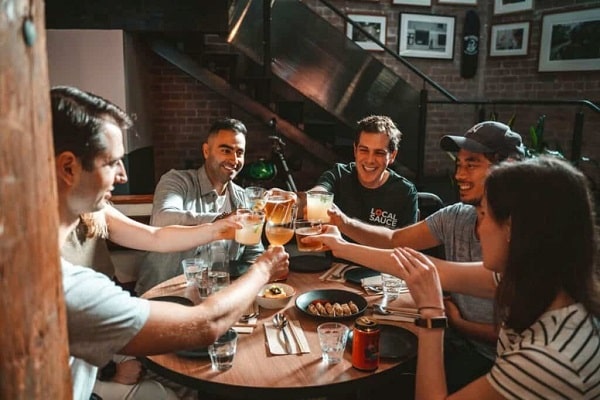
Industry insiders weigh in on what’s next for Airbnb Experiences and the impact to operators using the platform.
The recent news that Airbnb is pausing new submissions on its experiences platform has come as a surprise to many, especially after Airbnb CEO Brian Chesky declared in August 2022 that experiences are “going to be a big part of our story in 2023 and beyond over the next five years.”
This pause of new submissions does not impact existing experiences, but current as well as new hosts can no longer add experiences to the platform.
Airbnb is a significant distribution partner for many experience creators, and has had a huge impact on the industry as a whole, as discussed in Arival’s Inside Airbnb Experiences report. So what does this mean for the experiences sector of travel; tours, activities and attractions, what we at Arival call The Best Part of Travel? What will the impact on the experiences industry be if this “pause” endures?
We checked in with a number of operators using the Airbnb platform and industry pundits to gauge the impact and current sentiment of those affected by the news. Here’s what they had to say.
AIRBNB EXPERIENCES NEEDS TO CHANGE
Airbnb is an essential distribution partner for many operators due to their volume and their lower commissions (20%, which is below the industry standard of 25-30% or more among other online travel agencies). Operators had a lot of positive things to say about the platform, but many also noted that major improvements are needed.
“Airbnb is the reason I have a tour business,” says Justin Steele, Founder of Local Sauce Tours. “I started in 2018 with an ‘off the beaten track’ walking tour exclusively on Airbnb Experiences…. It would have been impossible to achieve the quick growth I did without Airbnb. Even now, although I’m on basically all platforms, Airbnb brings in about one third of my bookings.”
Even with his highly positive experience, Steele thinks Airbnb is making the right choice to hit pause for improvements. “As a host I know there were lots of poor experiences on there in terms of product-market fit,” he shares. “So I think they know they need to improve supply and make some big changes to the platform, and they can’t keep on approving new experiences when they are going to make changes soon — that wouldn’t be fair on the hosts of the new experiences. The pause gives them breathing space.”
Brian Cain, Owner of Crawl New Orleans, Crawl Nashville & Crawl Austin and an active host on Airbnb has a lot of love for the platform as well. Because of their demographics (typical customers are under 40 years old), people staying at Airbnbs are finding his tours via the targeting and retargeting that Airbnb does once lodging is booked. “I have to be listed there, they bring a lot of bookings,” he shares. Like many other tour operators, Cain has also taken advantage of Airbnb’s co-host feature. This enables his company to be listed, with multiple tour guides shown as hosts for the Airbnb Experiences.
However Cain also recognizes change is needed. “When I saw the news I wasn’t surprised, but some things have to change,” with ensuring hosts have the proper permits and insurance high on his list. “New Orleans is a highly regulated city, guides need licenses, companies need permits, most Airbnb hosts aren’t legit businesses here in NOLA,” he explains. “But once my guides see they can get on the platform without these costs and make direct bookings, many of them leave us to be an Airbnb host. I hate that this makes it difficult for us to hire and retain guides and have to compete with my former guides in this environment”.

Crawl New Orleans operates an “Adults Only Ghost Tour” via Airbnb Experiences
CONNECTIVITY TO RESTECHS TOP OF EVERYONE’S WISH LISTS
While opinions on exactly which changes were needed varied by operator, lack of connectivity to restechs (industry shorthand for reservation technology) or booking systems was mentioned by every operator as a major hindrance and pain point to listing experiences on Airbnb.
Every Airbnb booking causes manual receipt of emails to then input into your reservation system while receiving no customer information (email, phone number), explains Cain. “Each booking is time consuming and inefficient.”
“They’ve never shown interest in connectivity,” observes John O’Sullivan, Founding Director of Depot Adventures. “They focus on ‘quality experiences,’ which really seems to mean uniqueness. For me, they have to start connecting with restechs via API connections to grow their business and their operator partner’s businesses.”
For smaller operators, connectivity may not always be top of mind. “I use a restech and it’s actually not hard to keep on top of new bookings,” shares Steele. “I do have to add Airbnb bookings manually but it takes less than a minute to do so. At the moment I’m getting around 50 bookings a month from Airbnb so that is maybe one hour a month spent on entering bookings.”
However, as operators grow, connectivity becomes more indispensable. For Eliav Cohen, Co-Pilot of Seattle Ballooning, this lack of connectivity was a deal breaker. “As a hot air balloon company I used them years ago but found due to them not integrating with booking systems, it wasn’t scaleable.”
Airbnb’s neglect of connectivity to restechs is the biggest headache for their partners and biggest roadblock to Airbnb’s future success with experiences. If this pause allows them to rethink that strategy, it could help them win over more operators and drive more volume more efficiently. Adding connectivity to OCTO, an industry standard for connectivity, plus a few additional integrations could create connectivity to thousands of leading operators fairly quickly.
SHOULD AIRBNB EXPAND BEYOND “UNIQUE EXPERIENCES?”
In terms of how exactly Airbnb should change, reviews are mixed on whether they should double down on their core focus of unique “live like a local” experiences… or expand beyond it.
“Airbnb is stuck between a rock and a hard place trying to build a profit center based on curated low-profit tours,” observes Mitch Bach, co-founder and CEO of TripSchool. As Bach explains, the “marketing-friendly long tail” of unique experiences like goat yoga and beer in treehouses may be better for PR than more classic experiences including man made and natural attractions, but they have low profit margins and are not proven to be scalable.
“Add to that purposely eschewing the traditional base of guides and tours, it’s an uphill battle creating and training a new market,” says Bach. “The justification for experiences in my mind has been generating loyalty to the brand as a sort of add-on reward, but not a profit center. To go beyond that will require a fundamental shift of vision.”
For some operators, this add-on model works well. “Most of the bookings we receive come from guests staying at local Airbnbs,” shares Depot Adventures’ O’Sullivan. “I think of them as a concierge for the city. Viator is a much bigger channel, but Airbnb bookings have grown over 100% since 2019.”
O’Sullivan believes Airbnb represents a big part of the discovery of experiences, in contrast with other OTAs who he sees as primarily booking engines. “Airbnb is such a different product than other OTAs,” he says. He fears that if Airbnb goes away, many of his customers will as well as they wouldn’t discover his tours through other channels. “But I don’t believe they are winding down, I do think this is a pause to take another look at the overall business.”
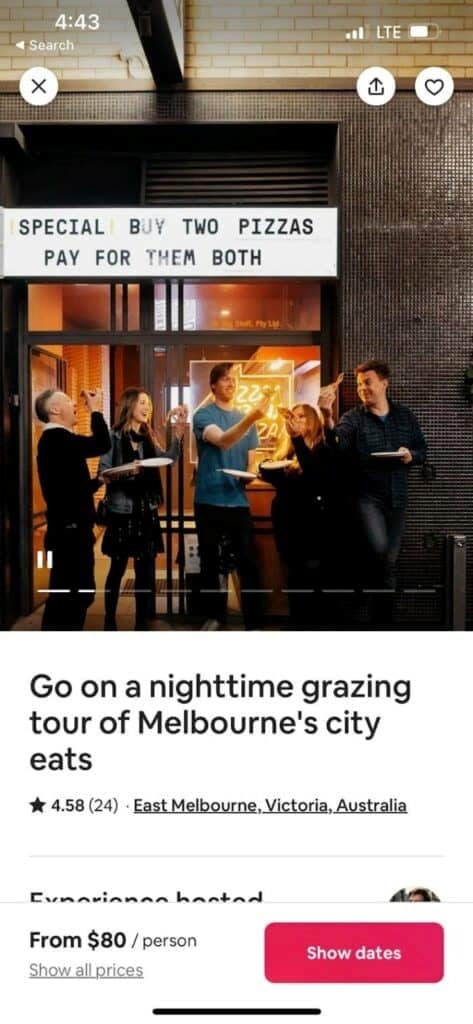
One of Depot Adventures’ experience listings on Airbnb
Withlocals is one of the leading platforms in the world for travelers to “travel with a local”, similar in many ways to Airbnb Experiences. “Scaling a very diverse portfolio of unique, individual experiences is crazy difficult,” offers Matthijs Keij, CEO of Withlocals. “I haven’t seen any company yet that has been able to pull this off. The main challenge on the supply side is to maintain both the quality and the uniqueness of the portfolio.”
“In the case of Airbnb,” observes Keij, “the sheer volume of experiences offered has made it challenging to manage the platform effectively, leading to inconsistencies in quality and availability. So it’s not a major surprise they want to rethink the way experiences contribute to their overall success.”
Airbnb has relied on lodging guests to drive their business and for many smaller operators and hosts, and that has been a good source of bookings. But the focus on unique and niche experiences leaves a lot of bookings and money on the table. According to Arival research, approximately 80% of industry revenue comes from 10% of operators (the large and iconic tours, activities and attractions).
WILL WHAT WORKED FOR ACCOMMODATIONS WORK FOR EXPERIENCES?
While experiences is sometimes seen as an add-on to Airbnb’s primary business model of accommodation, there are signs they’re attempting to model its development after the success of their lodging offerings.
When it launched, Airbnb started with people sharing rooms, homes and sometimes unique, even weird places. They then expanded to include full home rentals, which led into the vacation rental market, building connectivity to leading vacation rental reservation systems, and diversification into hotels with their acquisition of HotelTonight.
As previously reported by Arival. Airbnb appeared to be taking a similar approach with experiences, gradually adding on more conventional tours and encouraging some experience hosts to build experiences around highly sought-after points of interest, such as the Eiffel Tour, the Louvre and other iconic sites and attractions in major destinations.
In 2019 Airbnb made a significant investment in Tiqets, a leading experiences OTA. Tiqets focuses on mainstream attractions from museums to iconic attractions such as the Statue of Liberty, The Vatican and the London Eye. This certainly seemed to be a signal at the time that Airbnb was investing in distribution of more traditional experiences. But they haven’t integrated Tiqets products and it’s unclear what that investment – if anything – means for Airbnb.
However, not everyone thinks following the same pattern is the right move. “Things-to-do is not the same as places-to-stay,” comments Christian Watts, founder and CEO of Magpie Travel. “I think they fell into the trap of trying to build the exact same concept as they did in homes.”
If Alex Grant, Founder of Travel Curious is right, Airbnb may never succeed so long as accommodation remains its core business. “It’s so messy that I believe only an experiences- and tours-first company mindset will ever dominate,” says Grant.
AIRBNB PAUSE GIVES OPERATORS BREAK FROM COMPETITION, BUT ALSO HALTS EXPANSION
For some, the pause is a cause for some nervousness, but also a welcome break from new competition. “My experiences are all set, so in some ways this is good news, I won’t see other competitors start to pop up in my areas,” shares O’Sullivan. “But I am concerned about their strategy changing. Because they’re such an important partner I hope they will continue, and not just continue, but improve the platform for operators. There is so much that’s good about working with Airbnb Experiences, I hope this pause gives them time to make significant strategic changes.”
“I’m happy that it will reduce competition and I’m excited for changes to make it a better platform,” agrees Brie Xavier, Owner of Brie’s Botanical Tours, who would like to see “more money spent on marketing experiences, more support for experience hosts such as training, certifications, helping with video and photo quality.”
Xavier got started with Airbnb Experiences through hosting her house on Airbnb. Originally, Airbnb represented 90% of her bookings. Now that she has her own website with a restech booking widget, direct bookings are much more important and prevalent, and she shares the hopes of other operators that Airbnb’s improvements will include restech connectivity.
Kara Ricciardi, founder of Stretchy Pants Food Tours, one of the first operators on Airbnb, isn’t concerned at all about the pause, although she would like to add new experiences.
“As a small tour operator, Airbnb experiences has been lovely to work with and account for around half of Stretchy Pants’ revenue. I hope this pause will lead to fantastic updates in the category,” Ricciardi says. “I am still getting bookings so this pause, on my end, doesn’t feel like much has changed… I do have a new experience I would love to add, so I’m looking forward to a timeline from Airbnb about when I can add it.”
However, some operators who rely on the platform find the pause disruptive. “It’s aggravating,” shares Cain, whose request to list experiences in Austin is now on hold. “I’m looked at as a new host in the market and despite the challenges, it’s important for us to be listed on Airbnb Experiences in this new market for us. I hope they make some necessary changes and start enabling new experiences to be listed soon.”

Airbnb’s menu no longer has the option to “Host an experience” (left: Dec. 2022, right: Apr. 2023)
WHAT’S NEXT FOR AIRBNB EXPERIENCES?
Could this be the end? “It will be a hard sell to their hosts, as well as a blow to their brand and vision, if Airbnb decides to stop offering experiences altogether,” offers Keij. “On the other hand, from a financial perspective it would only be a small dent in their overall revenue.”
However, Airbnb hasn’t indicated an intention to cancel experiences entirely. An Airbnb statement included, “We are excited about the future of Airbnb Experiences and expect to provide more information in the coming months.”
So where do they go from here? “Given the fact that various experience companies show that you can build a differentiating product at scale, I would not be surprised if Airbnb takes this pause to reconsider their approach towards experience curation and the vetting of new hosts,” continues Keij. “Based on their company vision, experiences should play a pivotal role, even though accommodation is the primary financial driver.”
Likely, Airbnb will continue to experiment. As Peter Syme, Partner at Tourpreneur observes:
- “They have Brand recognition that is off the charts. Every single Airbnb customer I have hosted knows they booked with Airbnb. I cannot say that about any other OTA. Nothing like it.
- They have customers.
- The market is on fire and growing fast
- Supply is not an issue depending on what they want to do.
- Cash is not an issue.
- Talent is not an issue. Lots are available.”
“So what should they do?” Syme predicts, “they will want to be different and not play by existing industry structures, and I think that is fine if you can afford to experiment.”
Airbnb started out as a market disruptor, and perhaps that’s why they’re continuing to buck the industry trends. While we might wonder why they don’t partner with another company like Toursbylocals, Withlocals or Travel Curious, as Tony Carne, former GM of Urban Adventures and Member of the Intrepid Hall of Fame observes, “They are not natural collaborators. It’s not part of their DNA. They are not a part of an existing industry. They are building a new one.”
Indeed, it’s very positive for what we used to call tours, activities and attractions to have Airbnb Experiences as part of the ecosystem. After all, they were the first company to use the word experiences to represent “what you do when you get there” when they launched in 2016. In fact, market leader Viator re-branded (for a short while) to TripAdvisor Experiences in 2018 and while that brand lives on, it is separate from Viator. Airbnb has prompted the entire industry to rethink itself, as Arival’s Airbnb report explores.
Will they be back with a new plan and will it be successful? Most likely, but not if they don’t change. If Airbnb is to once again become a market leader in experiences, one thing is certain: they need to do a better job of integrating attractions and major points of interest into their offerings, and address operator concerns about restech connectivity.
If they don’t make comparable changes to compete with the likes of Viator, GetYourGuide, TUI Musement, Headout, Klook, etc. they’ll never be a major player in the experiences sector and frankly, we don’t think that will impact the experiences sector in any significant way for companies driving $250,000 or more in bookings per year.
Let’s hope they’re re-tooling, working on connectivity and making similar changes to what they did with lodging connectivity just a few years ago. A lot of people are counting on it.
Join us at Arival 360 | Orlando 2023 for a workshop on working with Airbnb Experiences featuring Stretchy Pants Food Tours founder Kara Ricciardi.
by Bruce Rosard and Janelle Visser
 United Kingdom
United Kingdom United States
United States Asia Pacific
Asia Pacific
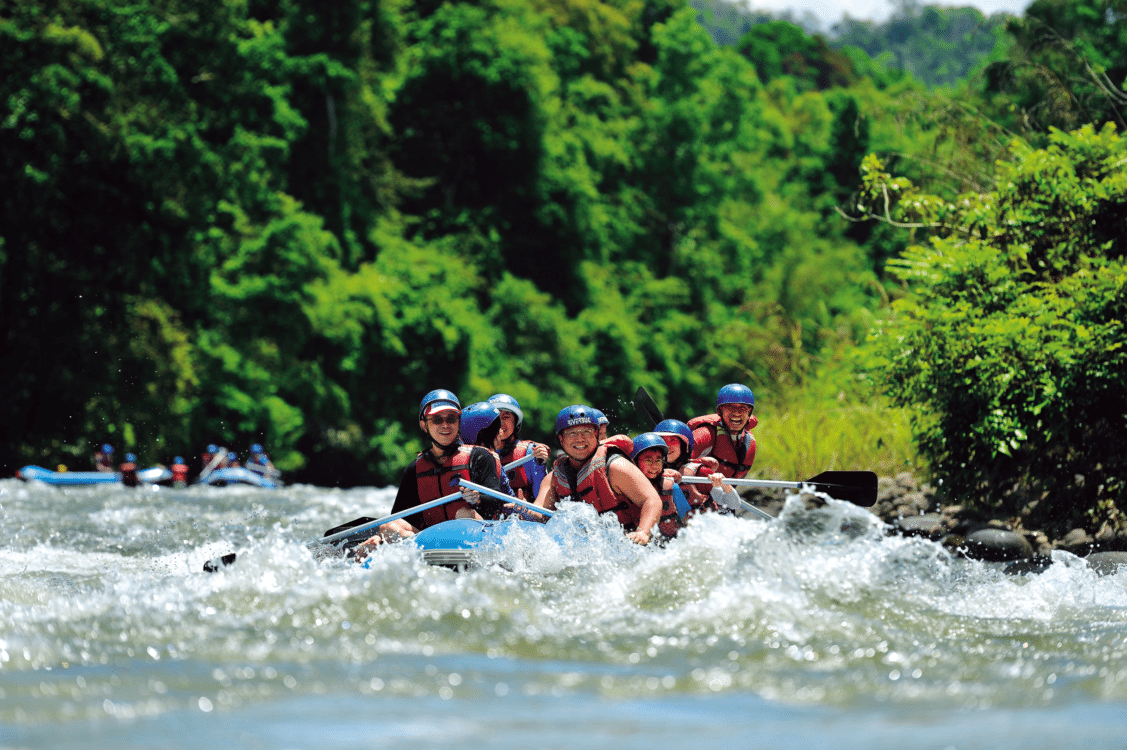
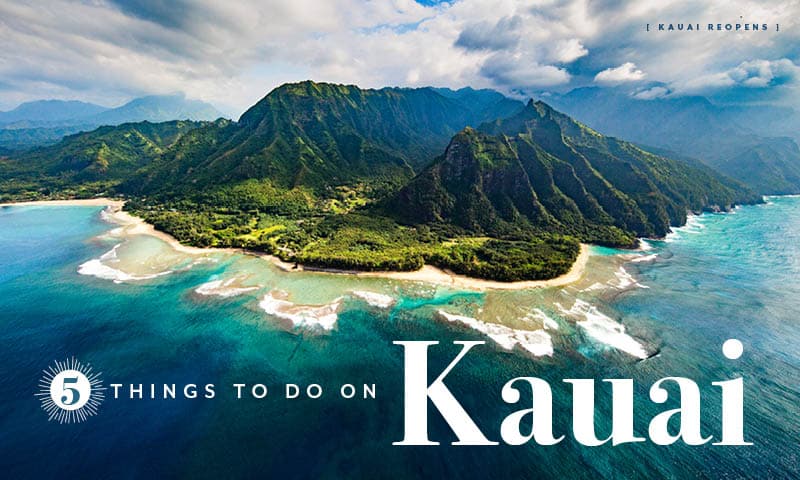
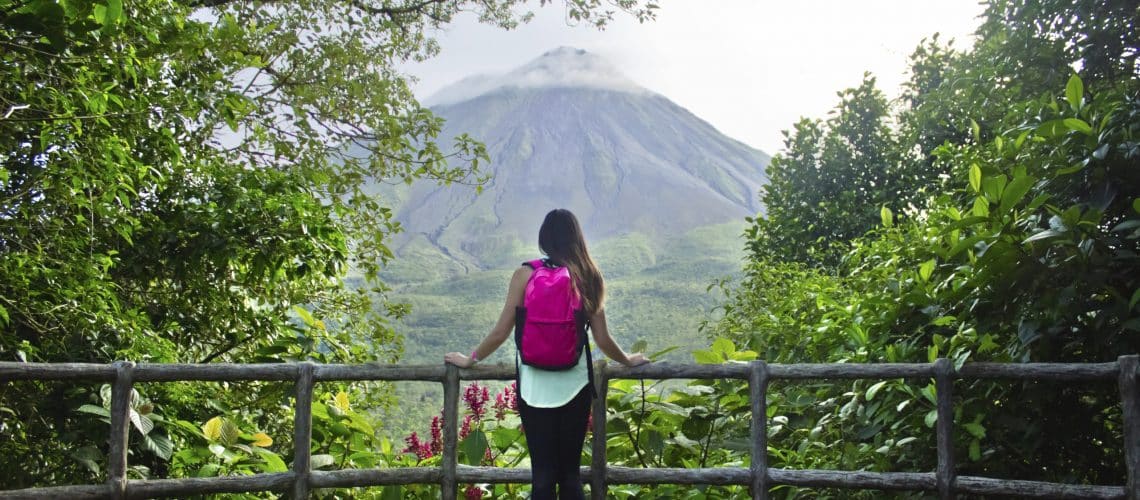
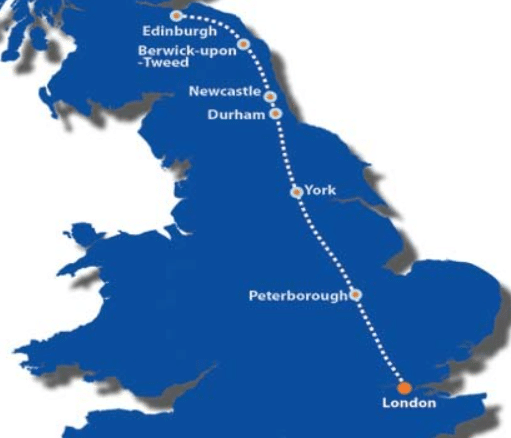
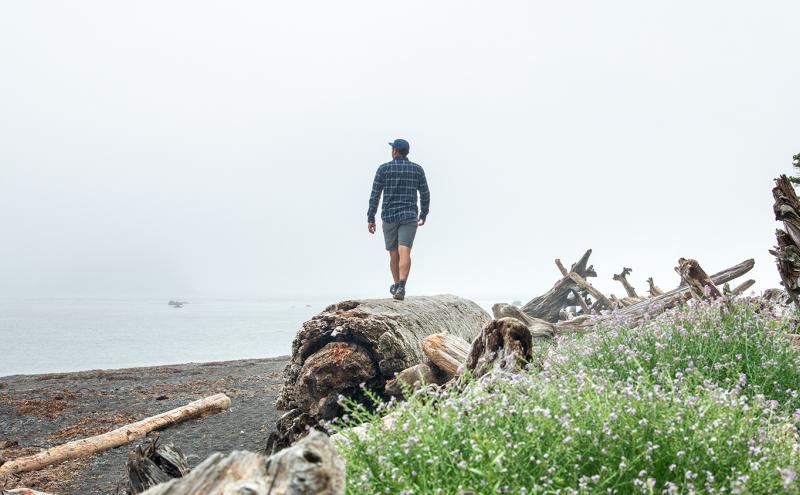
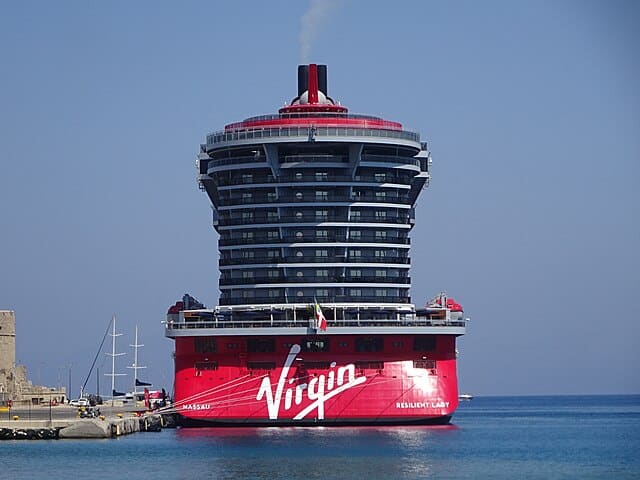
















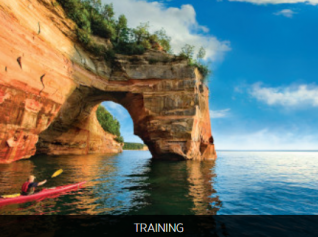







Ship crew member arrested after stabbing attack
Two dead, others missing after River Danube boat collision
Disney gets green light for a fifth Florida theme park
American, Australian tourists shot dead in Mexico
How virtual cards are shaping the future of hotel payments